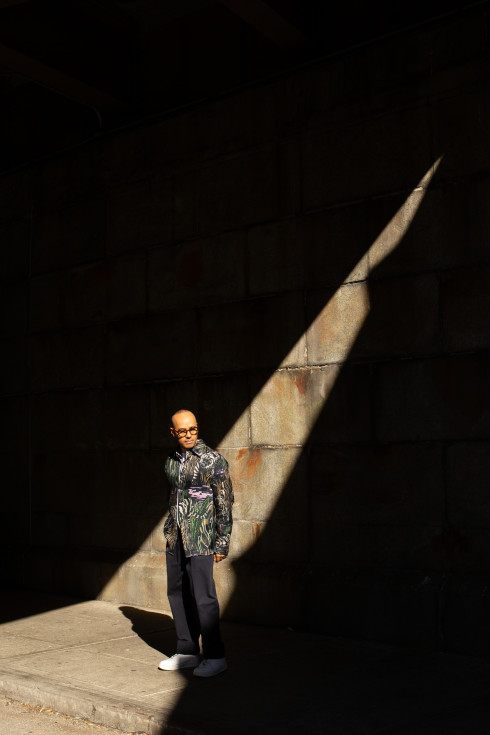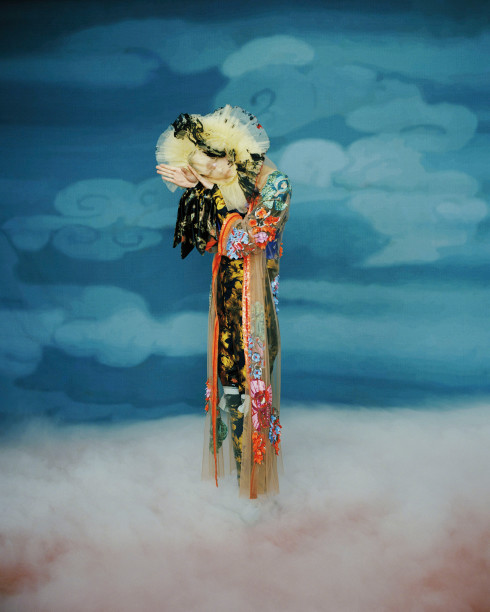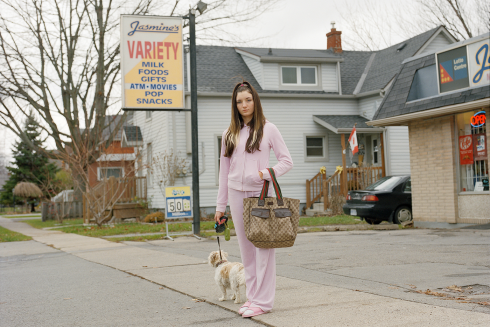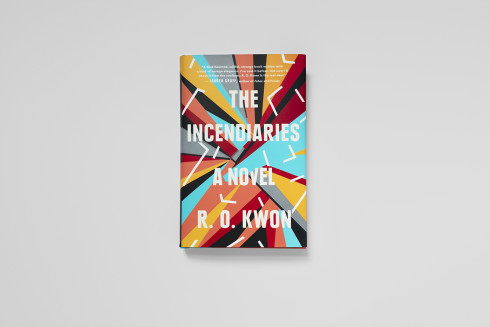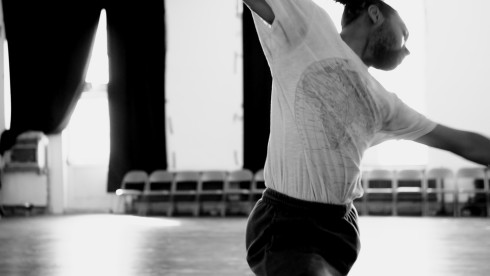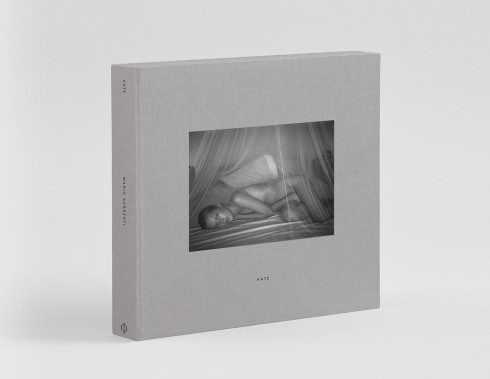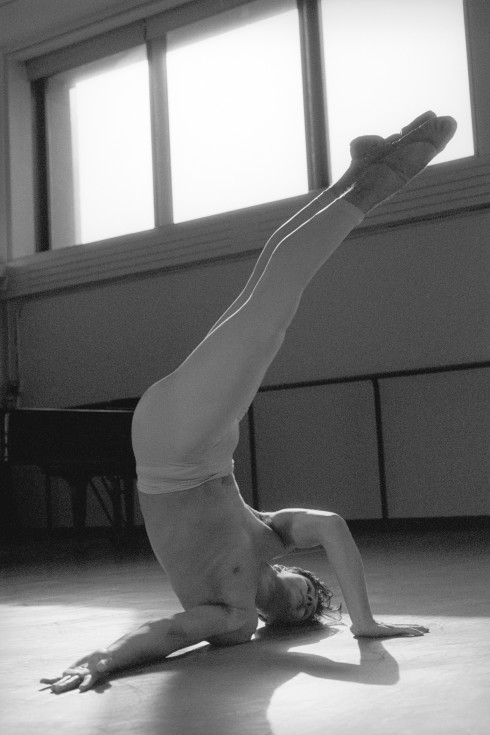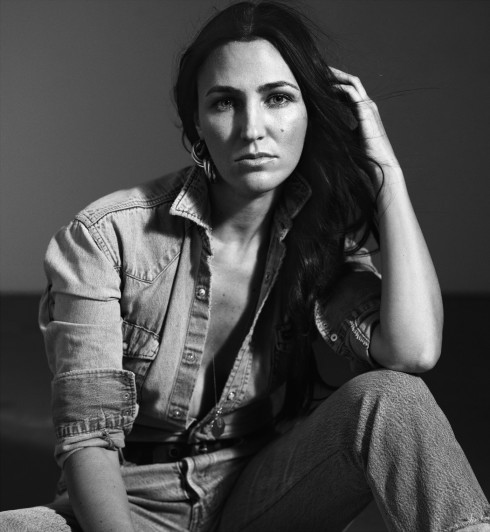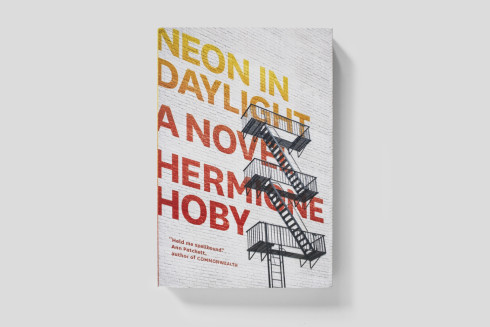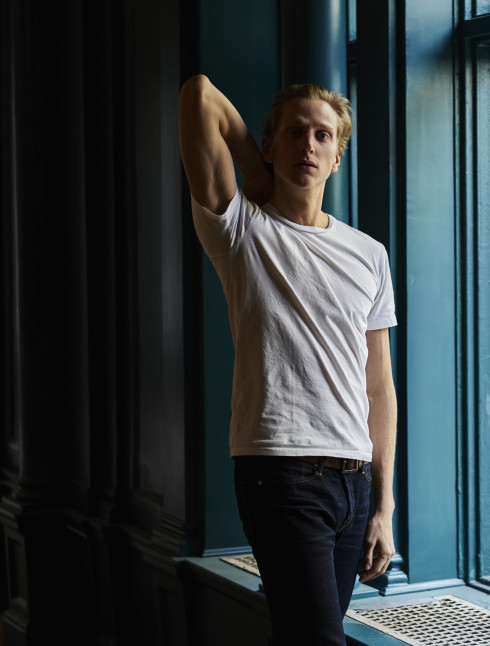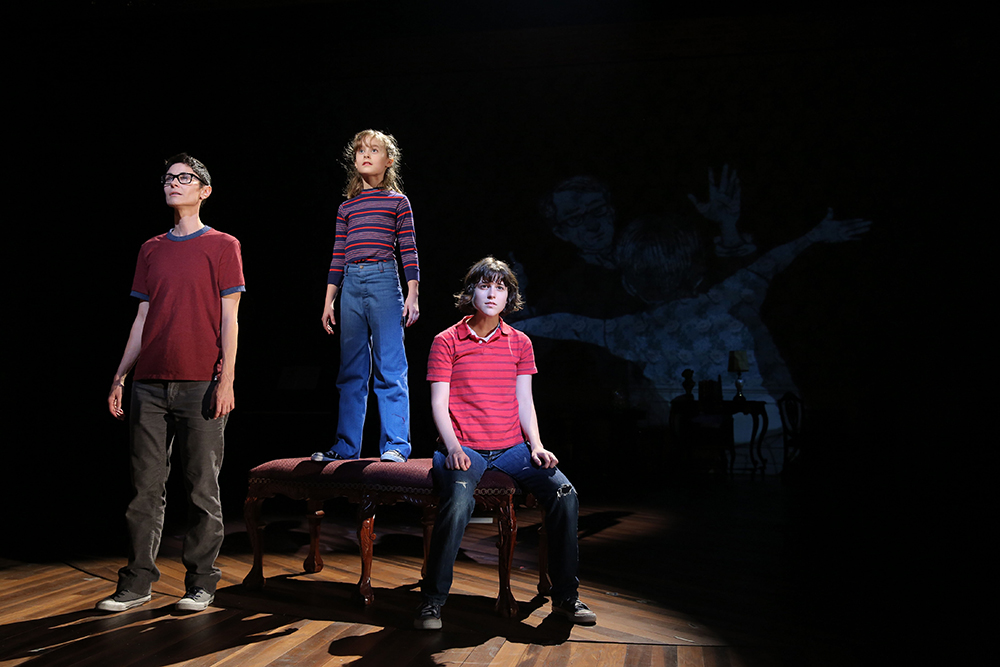
FUN HOME
In 2006, the author Alison Bechdel published the graphic memoir Fun Home, a quietly powerful work about loss and family tragedy that quickly established itself as one of the prime exemplars of the genre. The intimate, contemplative tale, of a young girl discovering her homosexuality against the backdrop of the funeral home where she grows up, has the soft glow of a treasured memory, both personal and universal in its grand dramas. The twin pole—and polar opposite—of Bechdel takes the form of her father Bruce, who dies (perhaps intentionally) after getting hit by a truck soon after she comes out to him. It is only then that Bechdel learns that her father was gay as well, and that he spent his whole life trying to fight the common identity that they share.
The story of Fun Home, one of the most groundbreaking works of literature of the past decade, has now been adapted for the stage, in a luminous, transformative musical currently playing at the Public Theater. Written by the playwright Lisa Kron and the composer Jeanine Tesori, this Fun Home offers a slight reframing of the story, depositing us in the adult Alison’s studio as she works on the panels of her book. All memoirs are, of course, memories, but telling this tale in flashback adds an additional layer, as we watch Alison struggle to understand the father she thought she knew. Fun Home becomes less, as we watch, an attempt to share her story with others than an effort to come to terms with her past herself. We are invited into her story, with the caveat that Alison, even as the author, seems just as unsure as we are where we will end up.
In cruder hands, Fun Home could have ended up just another maudlin coming-out tale, but Kron and Tesori pick their points with sensitivity and humor. The child Alison and her brothers perform a jaunty number meant to advertise the funeral home, jumping in and out of coffins, and Alison’s epiphany after her first night with her girlfriend in college has a sort of sublime charm. There is a darkness to Fun Home, with the overbearing father, whose life passion is spent restoring their Victorian home to immaculate perfection in the hours off from his day job as a high-school English teacher, and the benighted mother, who suffers in silence as her husband dallies with a succession of young men, but one that never slips into oppression. The house may be dreary—it is connected, after all, to a funeral home—but Alison’s spirit is light, and she comes through the other side a stable, honest adult, capable of facing her history with a clear eye and a dry wit.
In one touching moment, Alison rides in the car next to Bruce as they speed past swooping telephone wires on her last visit home before his death. They sit in silence, unable to broach the subject of her coming out, which she announced via letter weeks before, to no response. In retrospect, the adult Alison wonders why they could never discuss the powerful secret they shared, acknowledging the debt she owes to her father, struck by a form of survivor’s guilt. There is regret in the scene, a sense of a last chance wasted, the final opportunity for understanding slipping away as quickly as the surrounding Pennsylvania countryside. Later, Alison finds it difficult to mourn, tripped up by the realization that the father she lost is not the same father she thought she had. But then, no one ever is.
Fun Home runs through December 23 at the Public Theater, 425 Lafayette Street, New York. Photography by Joan Marcus.
Jonathan Shia is the editor of The Last Magazine.
